












Quality early childhood educators guide children on their journey to discover science through hands-on activities, experiments and learning through play.
Use our Family Resource Library as your guide to play to learn science with your child. Make playdough or moon sand together, find an experiment or explore the great outdoors. There’s so much to discover!
Click the orange banner on our homepage to find star-rated quality early care and education providers who help children prepare for kindergarten through play and positive learning experiences.




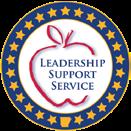



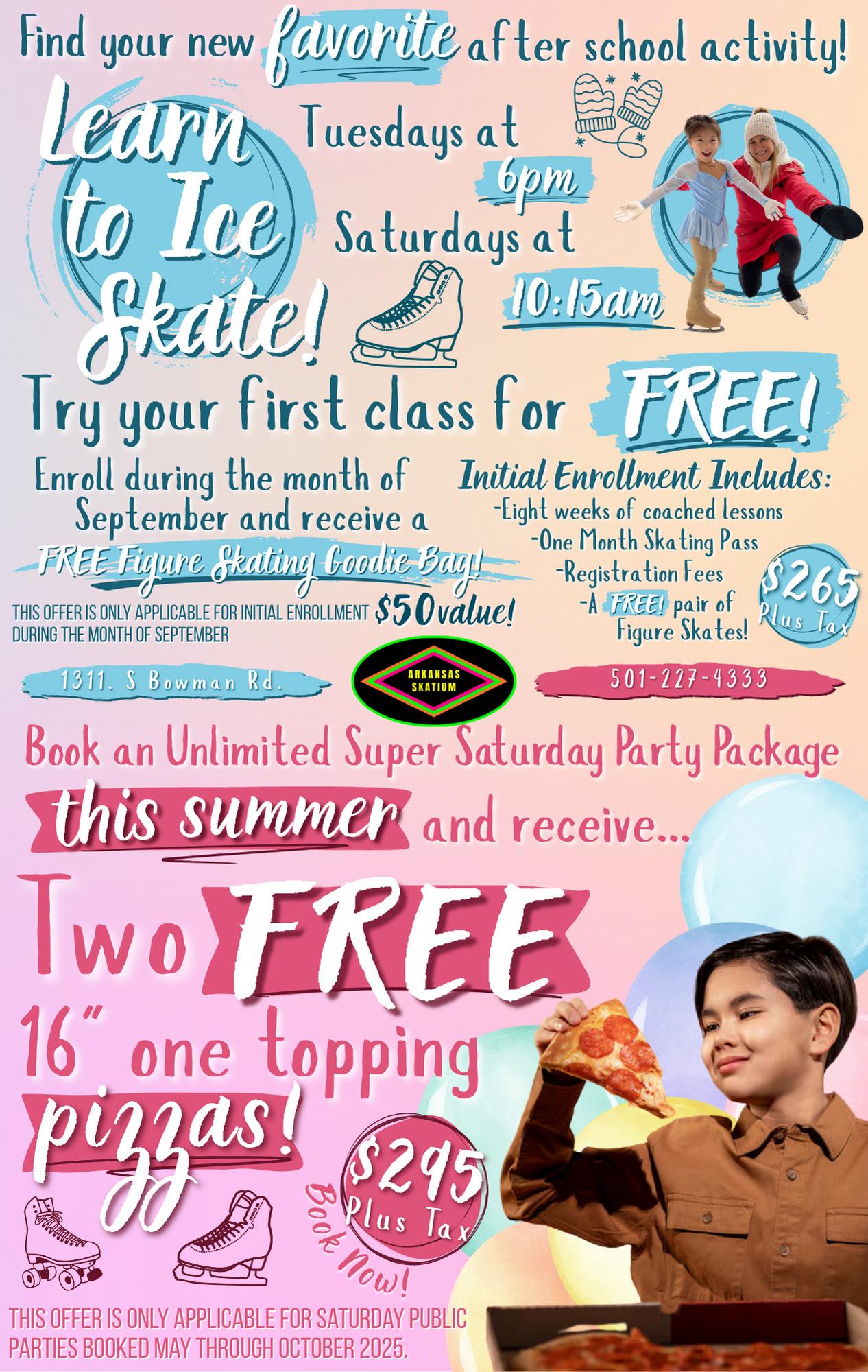

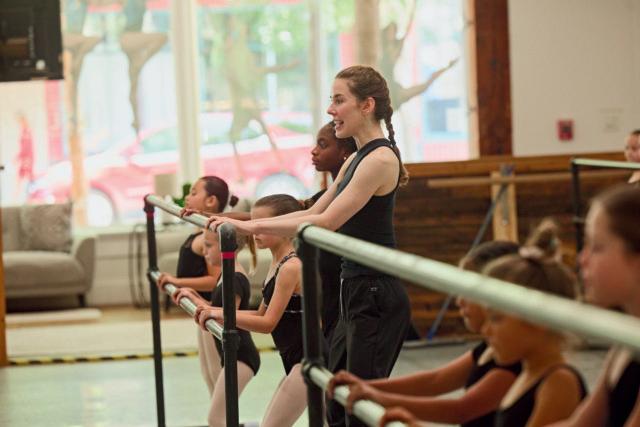


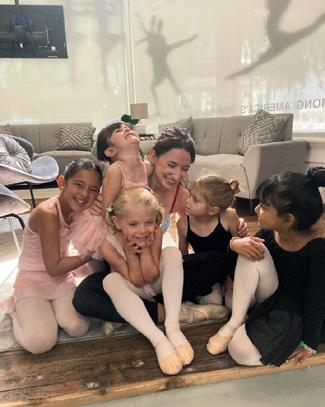
Enroll now for fall classes at The School for Dance, the official school of Ballet Arkansas, recognized as one of the nation’s Top 75 ballet companies. Serving students and adults ages 3 and up, the School offers world-class dance education in a supportive, familyoriented environment. From recreational to pre-professional training, our programs are designed to inspire a lifelong love of movement and the arts, while nurturing each student’s individual growth and potential.
Classes are held in state-of-the-art facilities conveniently located in downtown Little Rock, taught by an expert faculty. Whether your dancer is taking their first steps into the studio or preparing for a future in the performing arts, the School for Dance provides a foundation built on excellence, mentorship, and community. Join us this fall and become part of the Ballet Arkansas family!











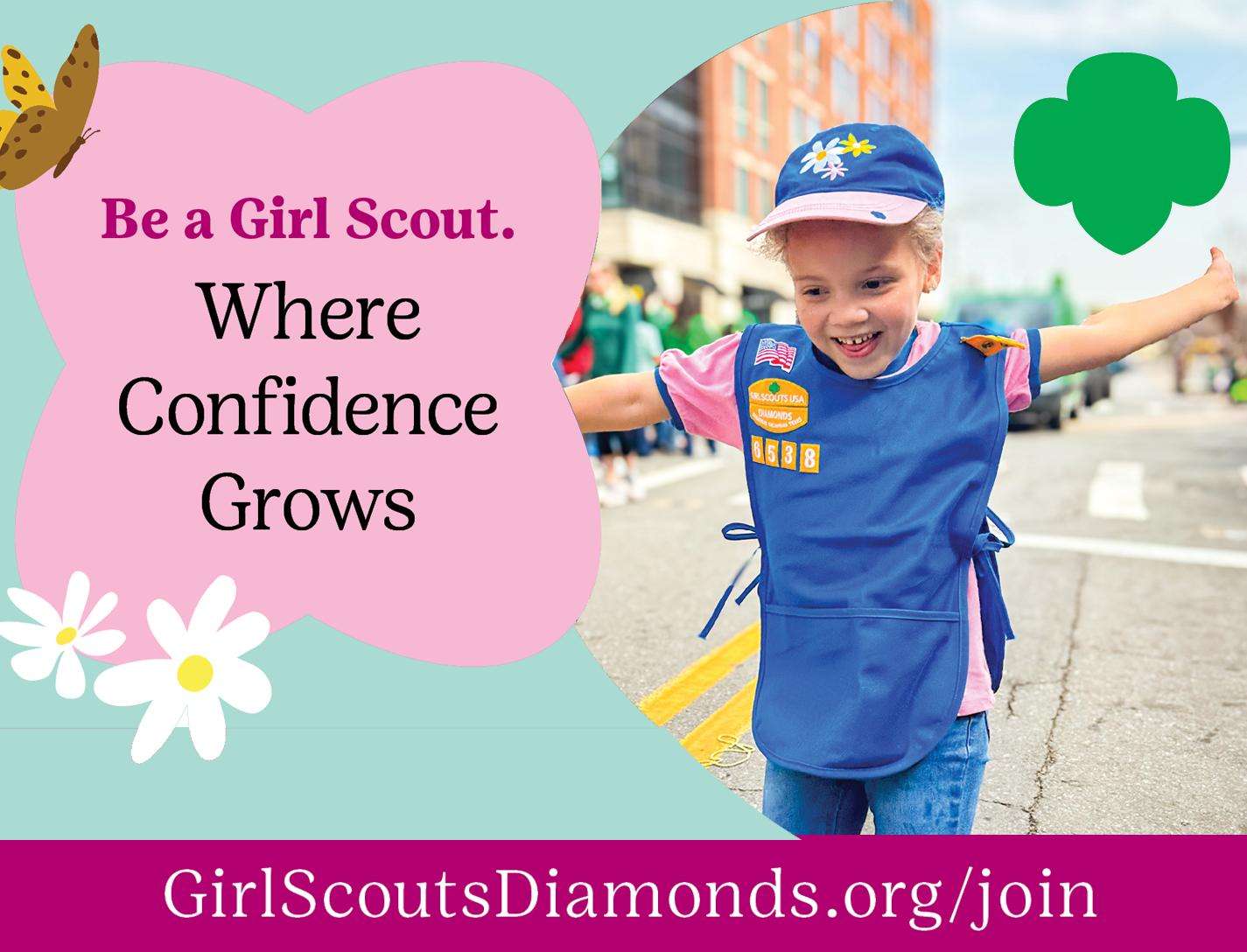
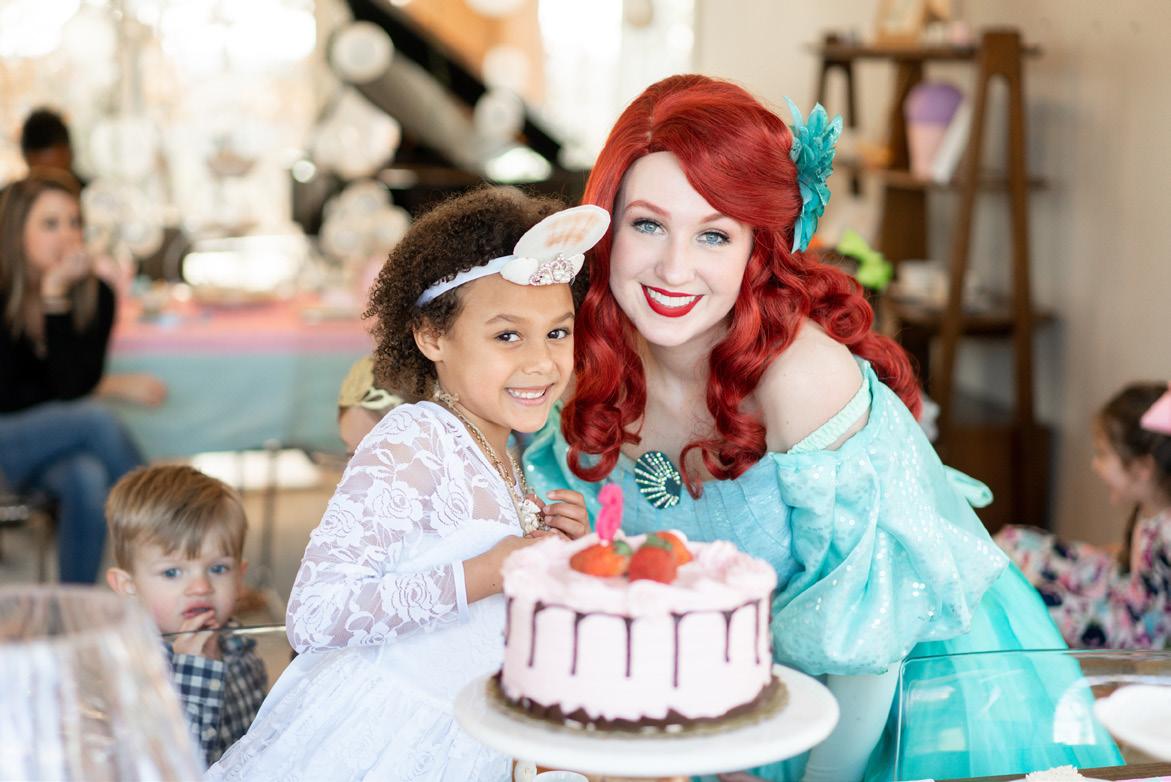









E N R I C H M E N T Scan to
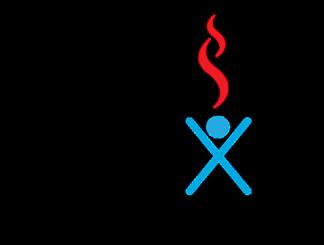

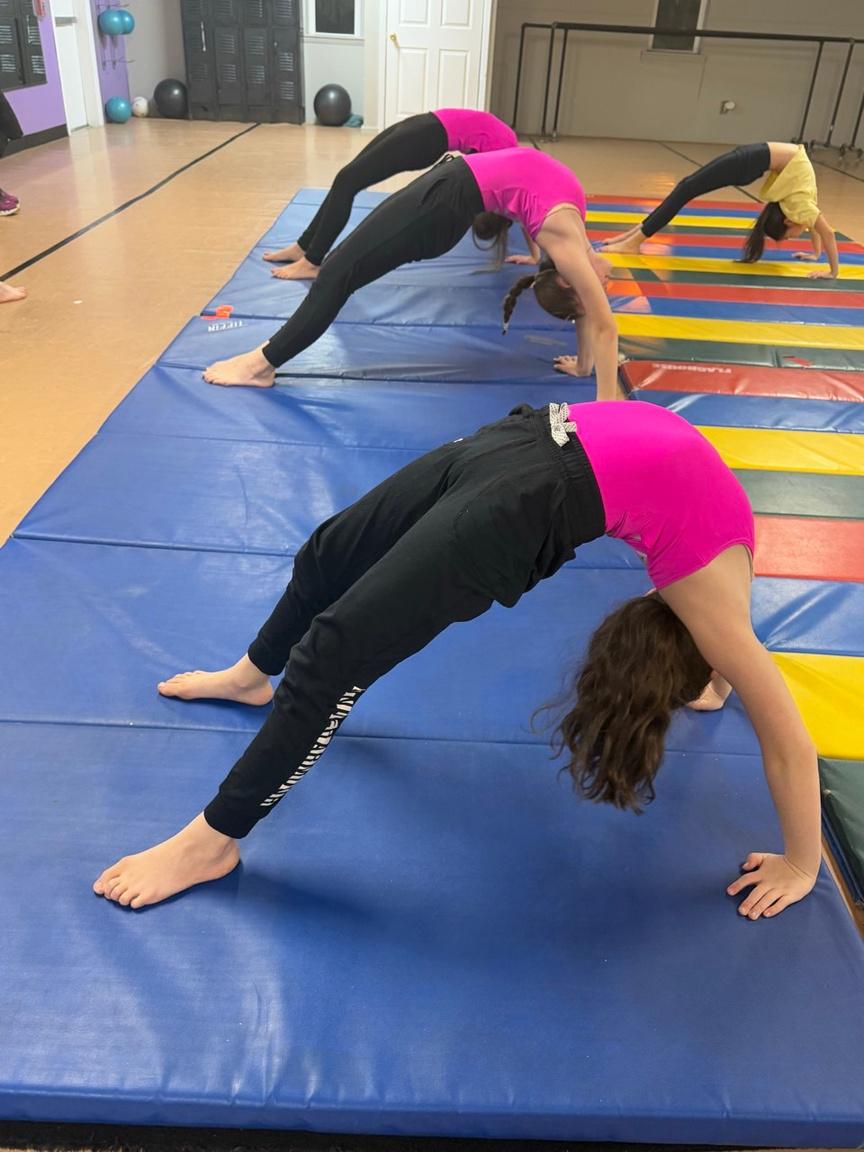
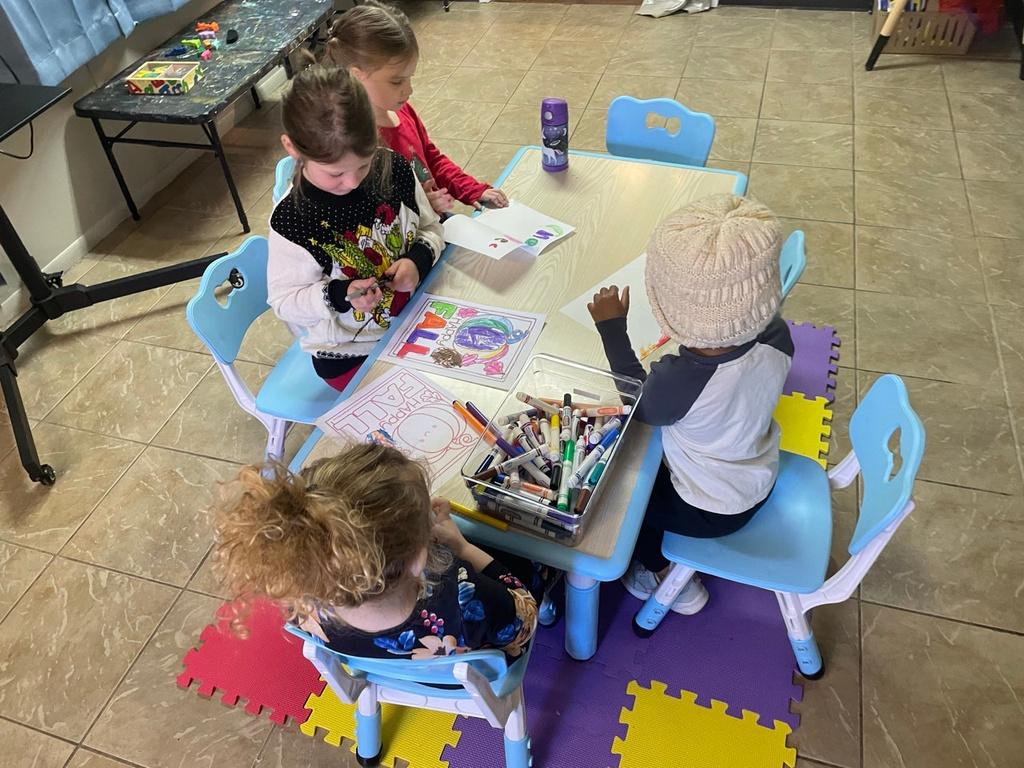
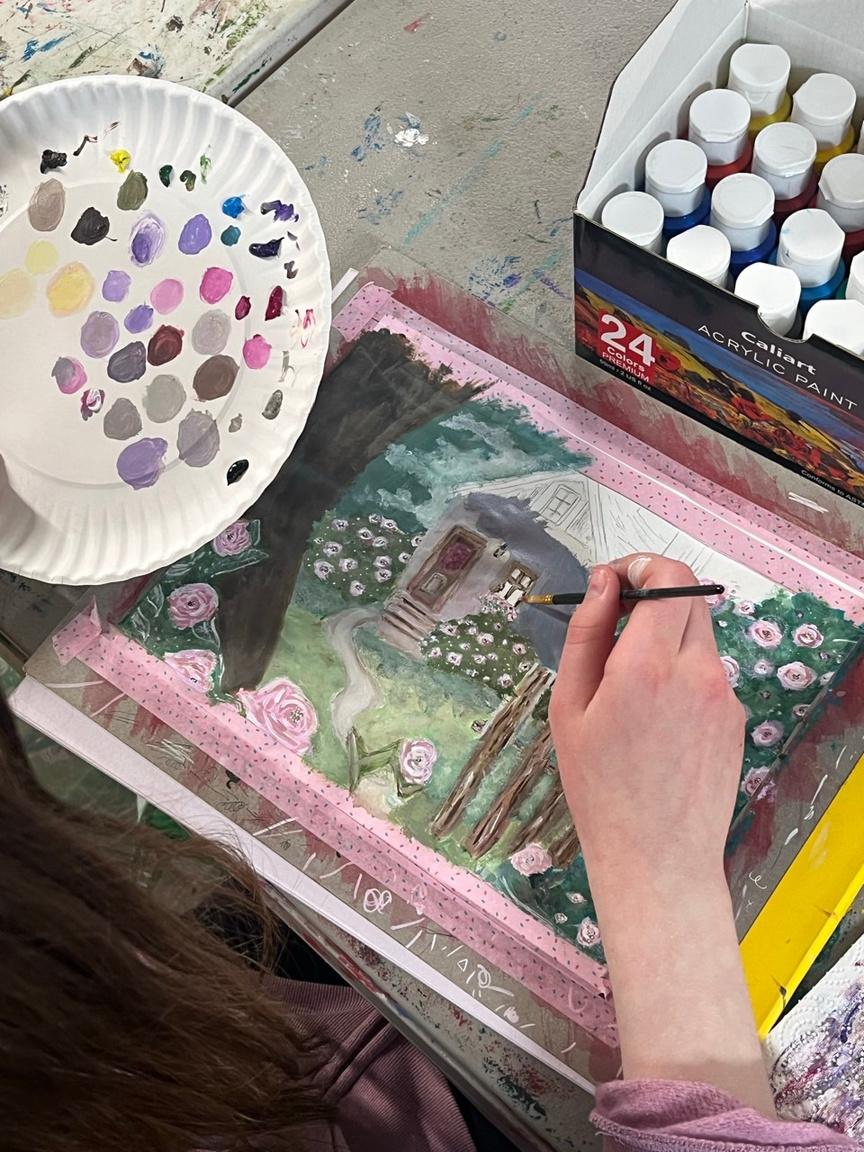
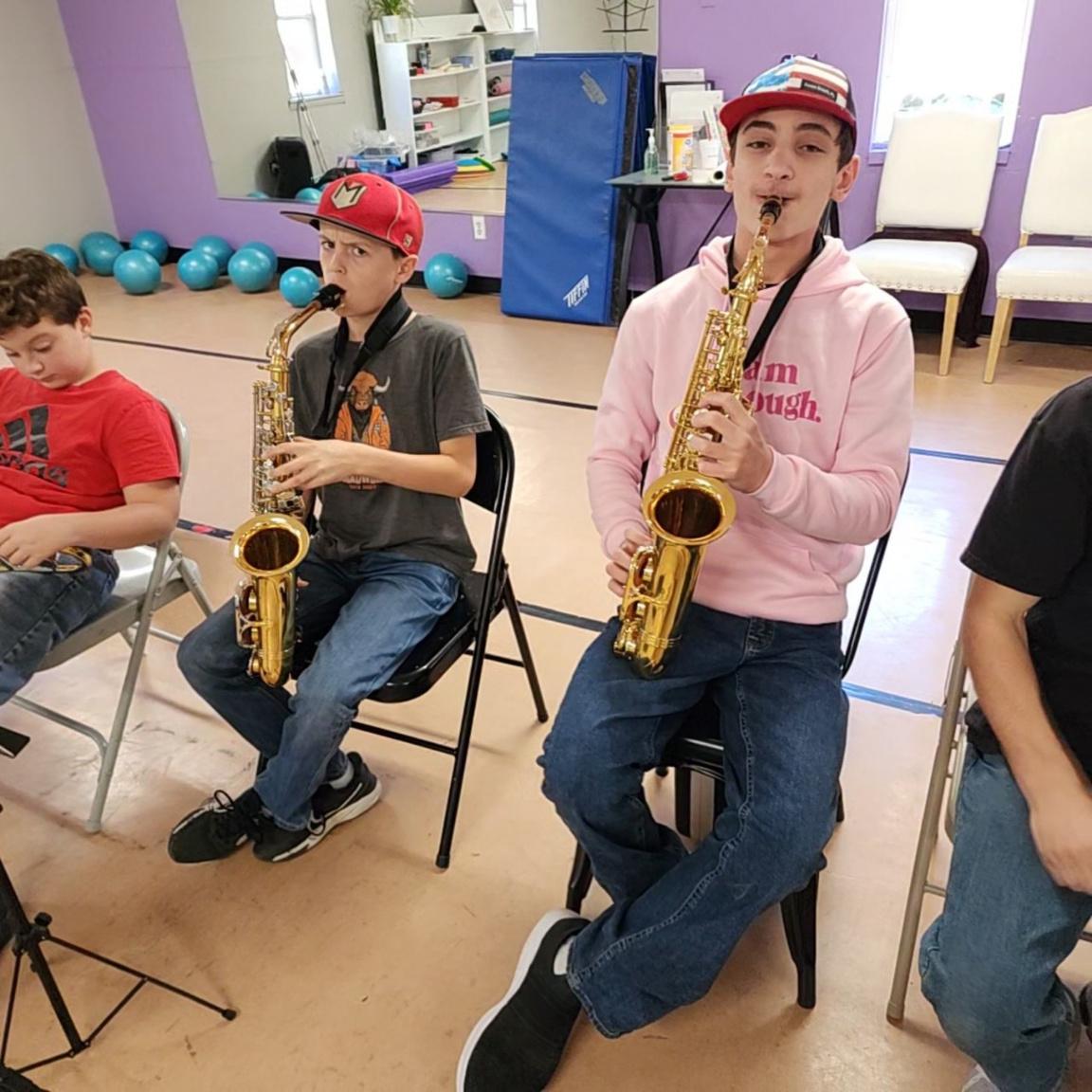
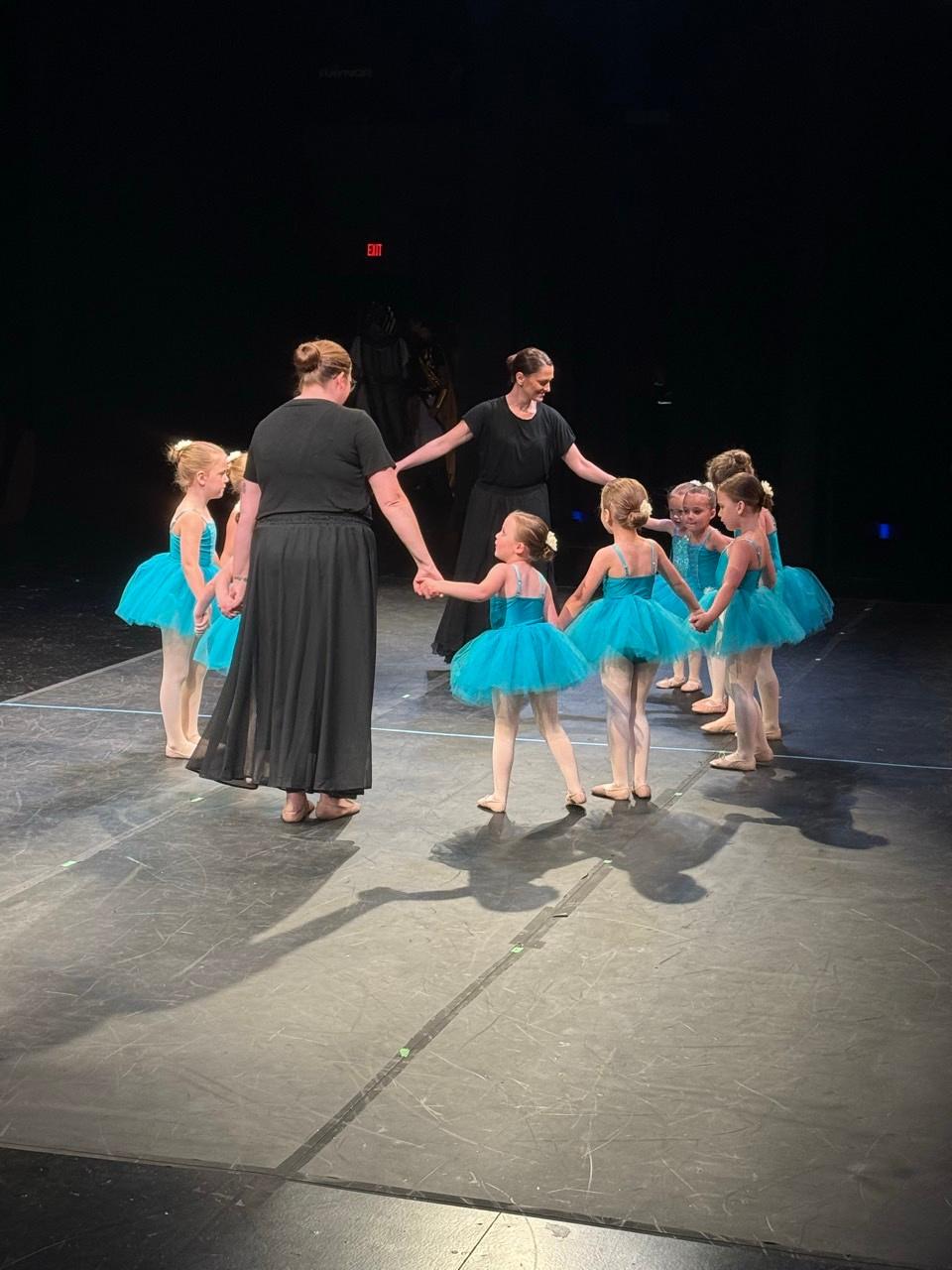

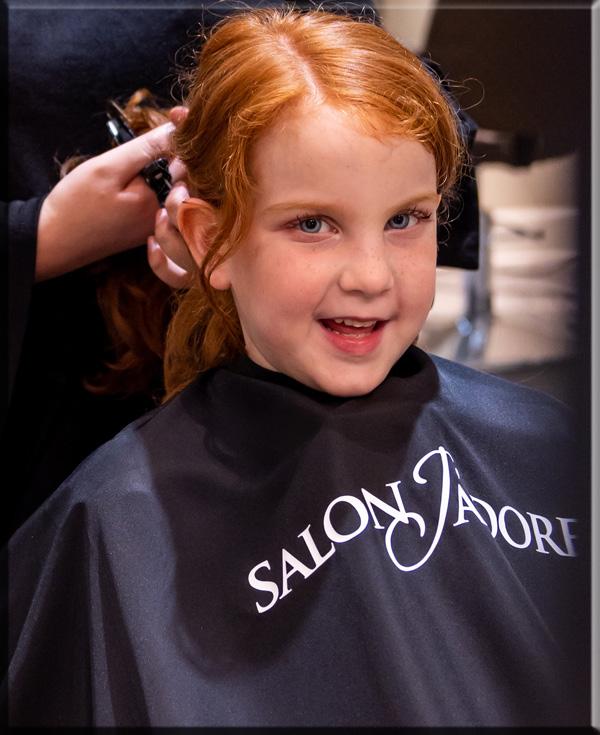





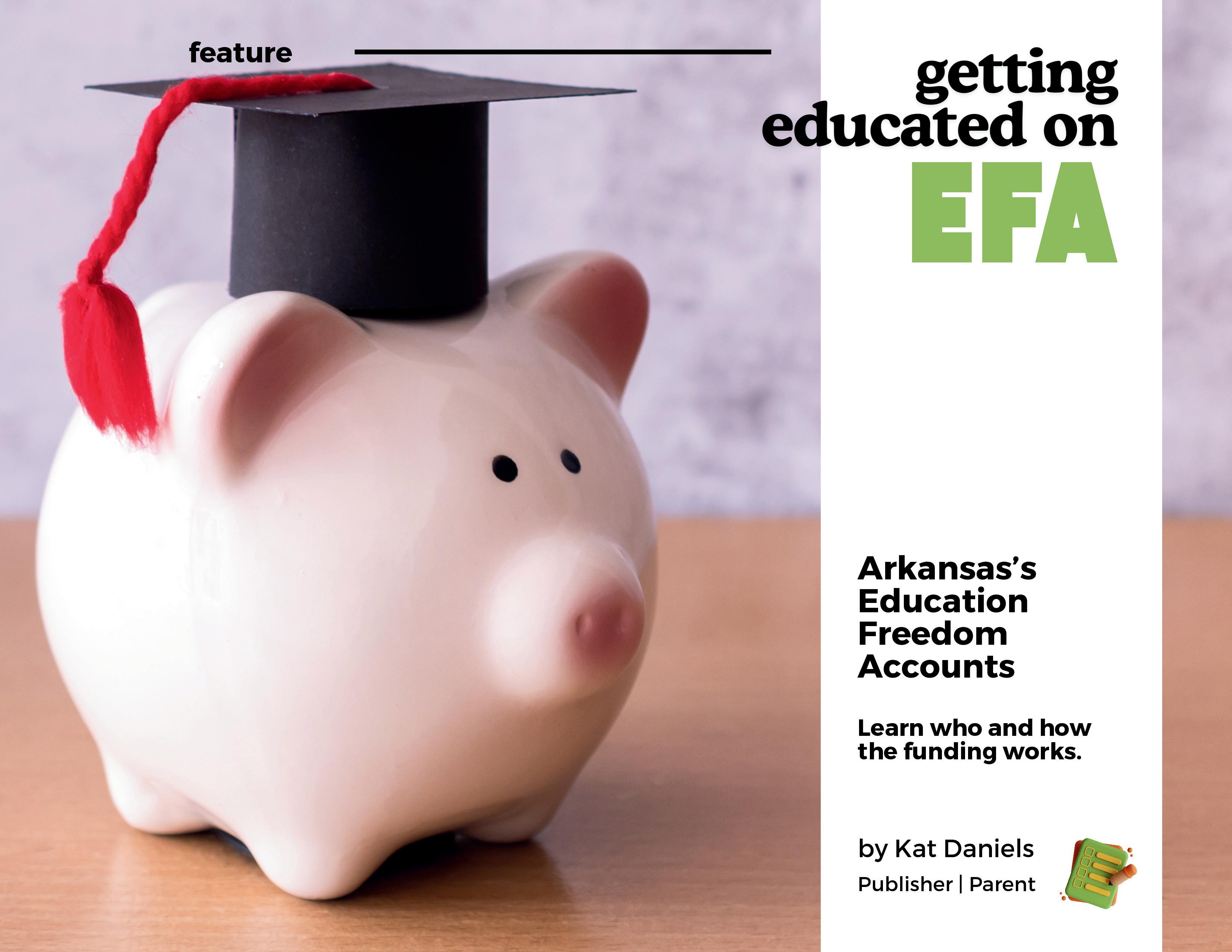

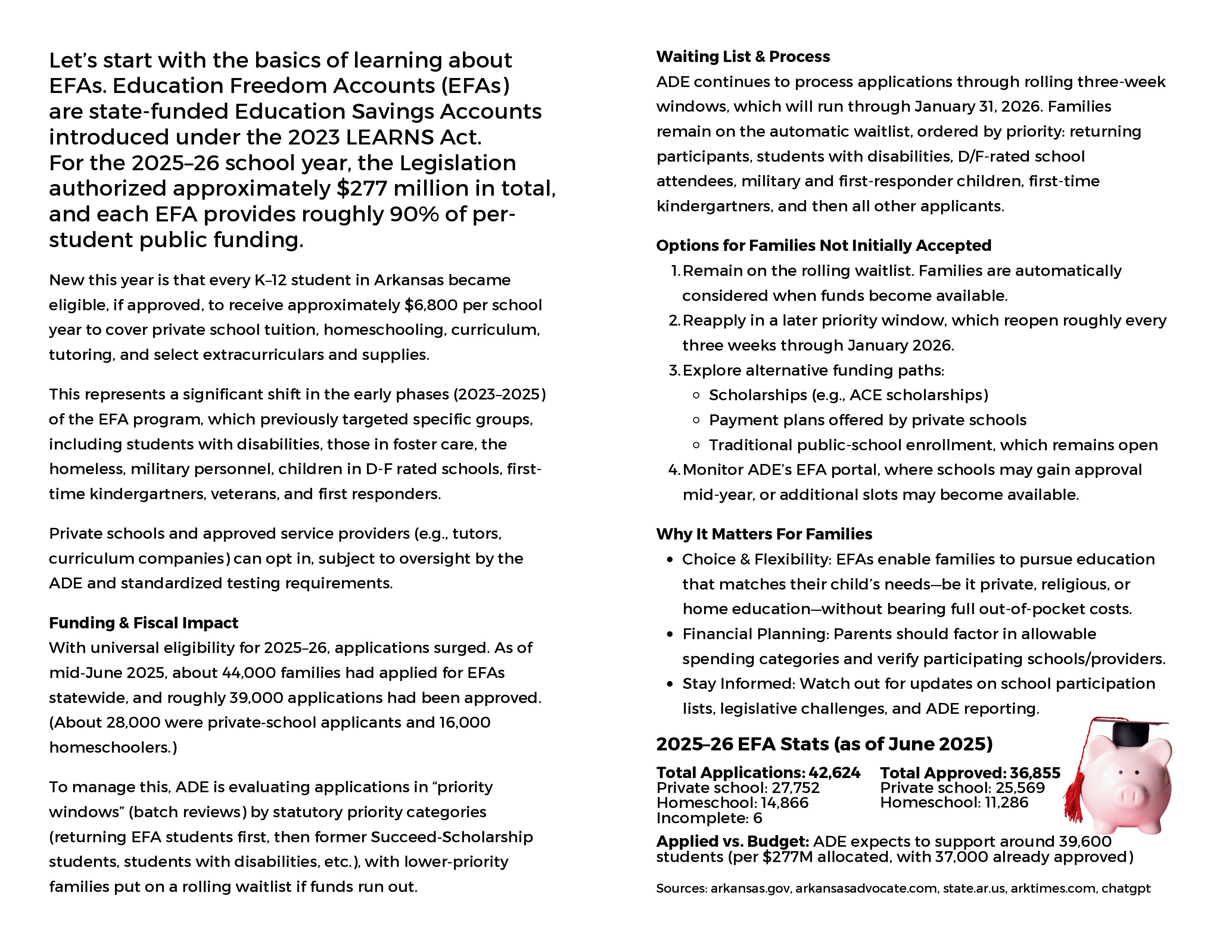




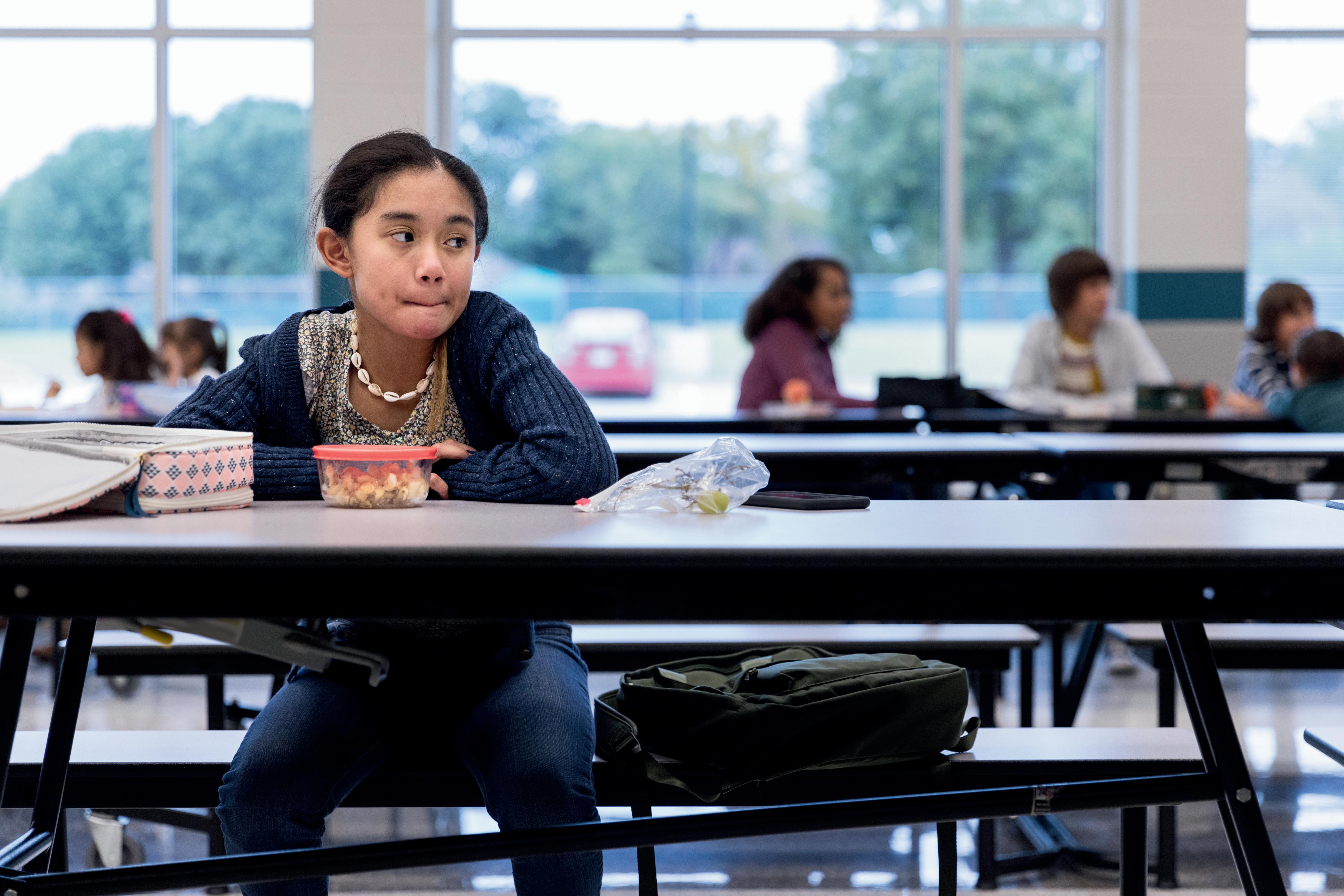

by Kat Daniels Publisher | Parent

Our preteens and young adults face more pressure than ever before from allaccess technology, and the interactions and expectations that come with it.
As parents, caregivers, and educators, we strive to do what is best for them. Some choices are easier than others, but what becomes challenging is not knowing about the quiet or hidden pressures teens may not see or be aware of, they face day-to-day.
Here are some top struggles they seem to be up against, with suggestions on how you or someone could help:
In 2023 60% of Arkansas public high school seniors reported feeling sad or hopeless (up from 42.9% in earlier surveys).
Anxiety, depression, and stress are on the rise due to academic pressures, social media influence, and personal struggles.
Encourage open conversations about feelings and mental health.
Normalize seeking professional help when needed. Teach stress-management techniques like mindfulness, meditation, and deep breathing.
The constant need for validation, cyberbullying, and comparison to unrealistic online standards can negatively impact self-esteem.
Set healthy screen time limits and encourage digital detoxes.
Teach critical thinking about online content (not everything is real or worth comparing to).
Promote positive online engagement and warn about cyberbullying.
Increased competition, high expectations from parents and teachers, and the pressure to perform well can lead to burnout.
Help teens prioritize tasks and manage time effectively. Encourage breaks and a balanced lifestyle, rather than pursuing perfectionism.
Offer support but avoid excessive pressure regarding grades.
Exposure to drugs, alcohol, and risky behaviors is common, often leading to poor decision-making.
Equip teens with assertiveness skills to say no.
Educate about the consequences of drugs and alcohol. Encourage friendships with positive influences.
Many teens struggle with self-identity, body image, and self-worth, especially due to media portrayals of "ideal" beauty and success.
Promote self-acceptance and body positivity. Help them explore interests, hobbies, and passions. Encourage journaling or creative expression for selfreflection.
Divorce, financial struggles, and strained parent-teen relationships can create emotional and psychological challenges.
Have regular family discussions without judgment. Offer guidance rather than imposing control. Show unconditional love and support, even in tough times.
In 2023, 34% of Arkansas
Seniors seriously considered suicide, which is HIGHER than the national average.
Physical, verbal, and cyberbullying remain significant issues, affecting mental well-being and safety in schools.
Encourage reporting bullying incidents. Teach conflict resolution and self-defense if necessary. Build confidence through extracurricular activities like sports or clubs.
Excessive use of smartphones and video games can impact sleep, productivity, and real-life social interactions.
Set tech-free times (e.g., during meals or before bed). Encourage outdoor activities and face-to-face interactions.
Model healthy technology habits as adults.
2023
Arkansas as the 2 HIGHEST among states for teen screen time, racking up 5 hours and 54 minutes daily.
Fear of job prospects, college debt, and an uncertain economy can be overwhelming.
Help teens prioritize tasks and manage time effectively. Encourage breaks and a balanced lifestyle, rather than pursuing perfectionism.
Offer support but avoid excessive pressure regarding grades.
Navigating friendships, dating, and breakups can be emotionally complex and stressful.
Teach emotional intelligence and communication skills. Encourage independence and healthy boundaries. Discuss relationship red flags and signs of toxic behavior.
A 501(c)(3) community mental health center serving Saline/Garland counties. Offers Youth Services (ages 0–18) and residential treatment (Second Chance Youth Ranch) for juveniles. Specialties include depression, anxiety, ADHD, substance abuse, trauma, sexual issues, parent–child problems, and other emotional/behavioral.
Nonprofit behavioral health network with multiple campuses. Provides 24/7 crisis and emergency response, outpatient counseling for children, adolescents, and families, plus residential treatment for youth. It operates the state’s largest therapeutic foster care program and prevention services in central.. Focus areas include trauma-informed care, family therapy, school-based counseling, and substance-use management (office-based and pharmacy services). (The Centers collaborates on school trauma programs with ADE and UAMS/TRIS.)
Nonprofit counseling group (est. 1996) for children, teens, adults, and families. Specialties include EMDR (trauma/PTSD), Parent–Child Interaction Therapy (PCIT), family/couples therapy, ADHD/ODD, anxiety & depression, and attachment. BHSA offers individual/couple counseling, school-based therapy, and telehealth statewide. Partners with Youth Home for residential programs (accepts most insurance).
University-affiliated outpatient program focused on adolescent substance-use disorders. Six Bridges provides counseling and medication management for ages 12–21 dealing with drug/alcohol. (Part of UAMS/PRI’s research/clinical network.)
501(c)(3) residential treatment center for youth. Inpatient psychiatric/behavioral programs for ages ≈12–17 with severe mental illness or trauma. Offers East/West campuses (accepts TRICARE) and specialized tracks (e.g. Reactive Attachment, trauma-focused CBT, safe solutions for abuse). On-site schooling (Siebert School) and family therapy help “equip youth and their families to become contributing members of their community.
Nonprofit child welfare agency offering two key programs in AR: Intercept® Intensive In-Home (family-strengthening to prevent foster care) and LifeSet™ (transitional support for youth aging out of foster care). In recent years, Youth Villages has served over 2,100 Arkansas youth with these evidence-based services.
Nonprofit support network for youth impacted by foster care, abuse, and homelessness. Programs include The Station (youth shelter for homeless teens), Opportunity Center (drop-in support and life skills for ages 18–24), and LifeBASE (transitional housing for 18+). Focus is on trauma-informed care, mentoring, and housing stability for foster care alumni. For example, LifeBASE provides apartments with wraparound. (Immerse emphasizes “unconditional relationships” and community support to help youth transform from crisis into overcomers.”)
Pediatric mental-health clinic (affiliated with UAMS/PRI) serving infants through age 18. Provides comprehensive evaluation and multidisciplinary treatment (therapy, family involvement) for a wide range of childhood mental health issues. Evidence-based treatments include trauma-focused CBT, Parent–Child Interaction Therapy, and Child-Parent Psychotherapy. Common conditions treated: trauma/stress disorders, ADHD, conduct/Oppositional-Defiant Disorder, OCD, depression, bipolar, anxiety, etc.
ACH – ADOLESCENT MEDICINE CLINIC (LITTLE
ARCHILDRENS.ORG)
ACH – ADOLESCENT MEDICINE CLINIC (LITTLE ROCK; ARCHILDRENS.ORG)
Multidisciplinary teen health clinic (ages 12–21) that addresses physical, emotional, and social issues of adolescence. The team provides holistic biopsychosocial evaluations and counseling on teen topics: mental health/behavior struggles, puberty/body changes, nutrition/eating disorders, sexual health, bullying, and “problematic internet/video game or cell phone use. They manage anxiety/depression (medication therapy), high-risk behaviors, and support pregnant/parenting teens in a safe, inclusive environment.
Multidisciplinary teen health clinic (ages 12–21) that addresses physical, emotional, and social issues of adolescence. The team provides holistic biopsychosocial evaluations and counseling on teen topics: mental health/behavior struggles, puberty/body changes, nutrition/eating disorders, sexual health, bullying, and “problematic internet/video game or cell phone use. They manage anxiety/depression (medication therapy), high-risk behaviors, and support pregnant/parenting teens in a safe, inclusive environment.
THERAPY
Private practice (Kirsten Sowell, LCSW) specializing in LGBTQ+-affirming therapy for ages 9+. Works intensively with teens, families, and adults on anxiety, depression, trauma, genderidentity/gender-affirming care, and “kink/diverse sexualities” issues. Founder Sowell has extensive experience with pediatric gender clinics and advocates for transgender youth. Offers in-person and telehealth appointments.
Private practice (Kirsten Sowell, LCSW) specializing in LGBTQ+-affirming therapy for ages 9+. Works intensively with teens, families, and adults on anxiety, depression, trauma, genderidentity/gender-affirming care, and “kink/diverse sexualities” issues. Founder Sowell has extensive experience with pediatric gender clinics and advocates for transgender youth. Offers in-person and telehealth appointments.
THE FINDING
THE FINDING PLACE COUNSELING (LITTLE
Private mental-health clinic offering both intensive therapy retreats and traditional outpatient counseling. Serves individuals, couples, children, and teens. Specialties include trauma/PTSD treatment, anxiety, family conflict, play therapy for children, and sexual addiction/affair. The center emphasizes techniques like brainspotting and EMDR and provides rapid-breakthrough “custom therapy intensives” for clients seeking accelerated
Private mental-health clinic offering both intensive therapy retreats and traditional outpatient counseling. Serves individuals, couples, children, and teens. Specialties include trauma/PTSD treatment, anxiety, family conflict, play therapy for children, and sexual addiction/affair. The center emphasizes techniques like brainspotting and EMDR and provides rapid-breakthrough “custom therapy intensives” for clients seeking accelerated
ARGENTA COUNSELING & WELLNESS (LITTLE
ARGENTA COUNSELING & WELLNESS (LITTLE ROCK; ARGENTACOUNSELING.COM)
Private practice with two Central AR locations (N. Little Rock and W. Little Rock) and statewide telehealth. Offers counseling, psychiatric medication management, nutrition and wellness services. Works with children, teens, adults, couples and families. Broad specialties include depression, anxiety, trauma/PTSD, parenting and family issues, LGBTQ+ matters, bodyimage/self-esteem, self-harm, defiance/behavior problems, OCD, autism, relationship and divorce support, etc.
Private practice with two Central AR locations (N. Little Rock and W. Little Rock) and statewide telehealth. Offers counseling, psychiatric medication management, nutrition and wellness services. Works with children, teens, adults, couples and families. Broad specialties include depression, anxiety, trauma/PTSD, parenting and family issues, LGBTQ+ matters, bodyimage/self-esteem, self-harm, defiance/behavior problems, OCD, autism, relationship and divorce support, etc.
OLIVE TREE HEALTH (LITTLE ROCK;
OLIVE TREE HEALTH (LITTLE ROCK; OLIVETREEHEALTHLLC.COM)
Private counseling practice for teens, adults, and families. Specializes in anxiety and traumarelated issues. (Offers individual therapy, workshops, and a reflection therapy journal).
Private counseling practice for teens, adults, and families. Specializes in anxiety and traumarelated issues. (Offers individual therapy, workshops, and a reflection therapy journal).
ARKANSAS CHILDREN’S HOSPITAL COMMUNITY HEALTH NEEDS ASSESSMENT
ARKANSAS CHILDREN’S HOSPITAL COMMUNITY HEALTH NEEDS ASSESSMENT
ACH periodically conducts statewide surveys (focus groups, provider and caregiver input) on child health priorities.
ACH periodically conducts statewide surveys (focus groups, provider and caregiver input) on child health priorities.
WOODLAND INTERNATIONAL RESEARCH GROUP (LITTLE ROCK)
Private clinical research facility (80+ years of psychiatric research) conducting trials across Arkansas. Part of ERG network, it staffs a child/adolescent psychiatrist and offers inpatient units for CNS/psychiatric trials.
Private clinical research facility (80+ years of psychiatric research) conducting trials across Arkansas. Part of ERG network, it staffs a child/adolescent psychiatrist and offers inpatient units for CNS/psychiatric trials.
Clinical trials site enrolling pediatric mental health studies. Offers access to new treatments for children/adolescents with anxiety, ADHD, depression, autism, and other conditions (currently enrolling studies through its pediatric mental health trials program).
Clinical trials site enrolling pediatric mental health studies. Offers access to new treatments for children/adolescents with anxiety, ADHD, depression, autism, and other conditions (currently enrolling studies through its pediatric mental health trials program).
UAMS PSYCHIATRIC RESEARCH INSTITUTE (LITTLE ROCK)
The PRI faculty researches teen mental health, resilience, and trauma.
The PRI faculty researches teen mental health, resilience, and trauma.
Sources: Information compiled from Arkansas health organizations, university clinics, and published reports. Contact organizations for the most current programming.
Sources: Information compiled from Arkansas health organizations, university clinics, and published reports. Contact organizations for the most current programming.

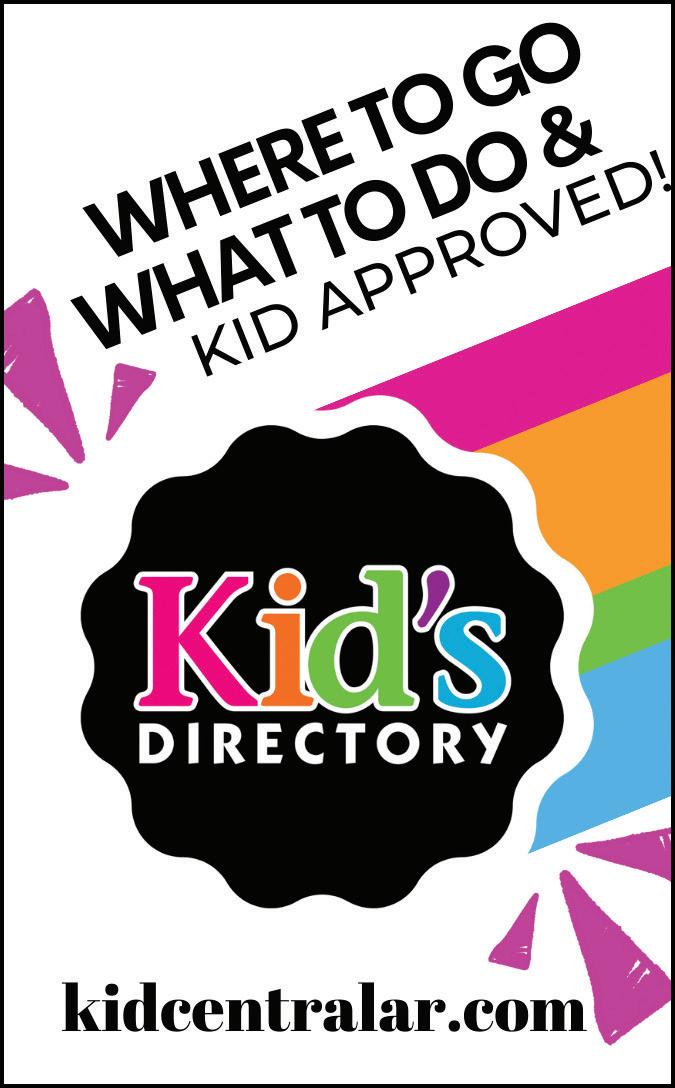



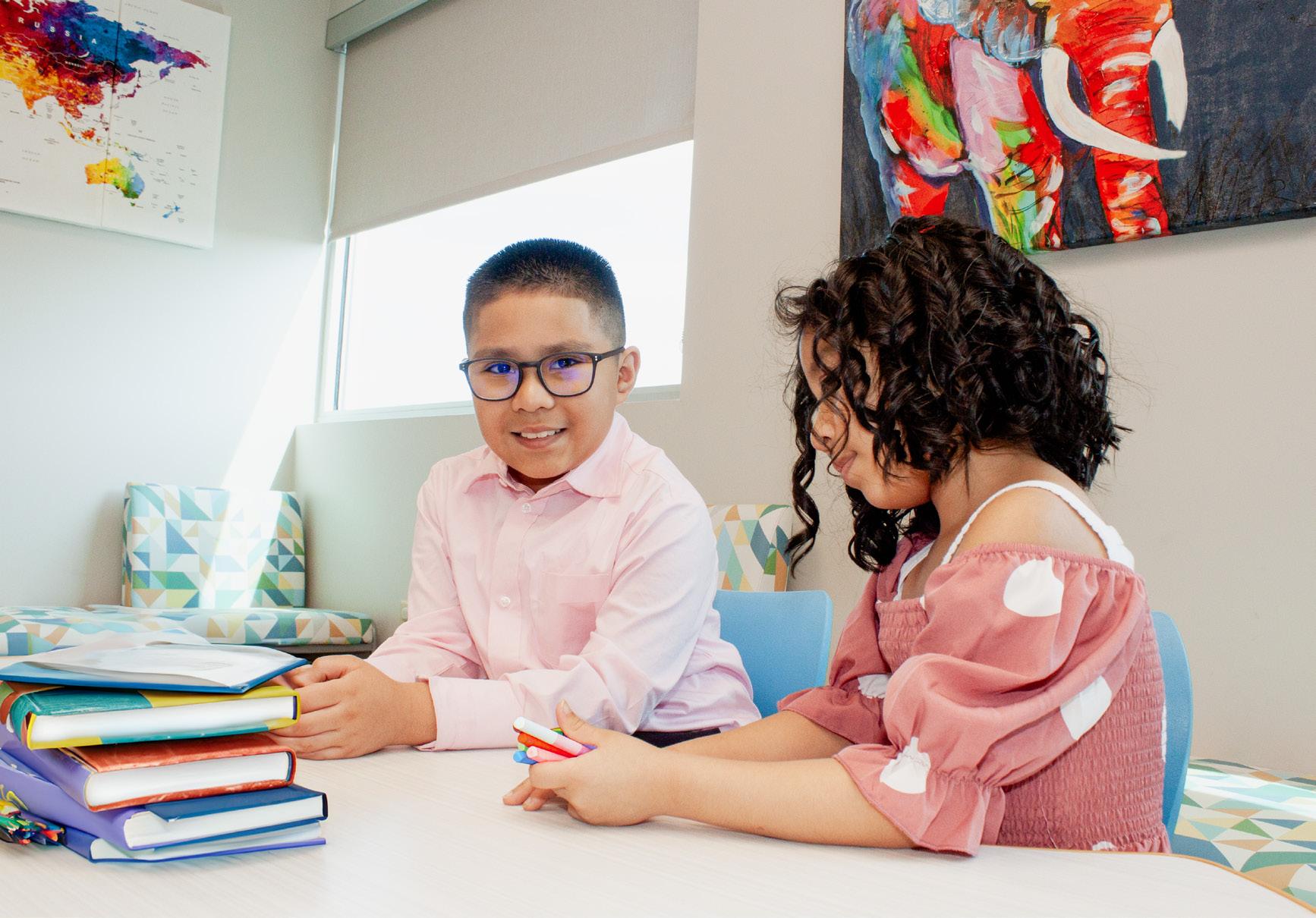
Baptist Health Pediatric Clinic-Conway offers expert pediatric care for your children at every stage of their development.
clinic is proud to serve the residents of Conway and surrounding communities, and we take great joy in growing with the families we care for.















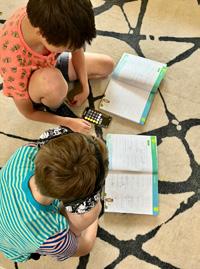
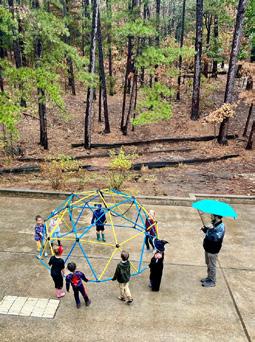
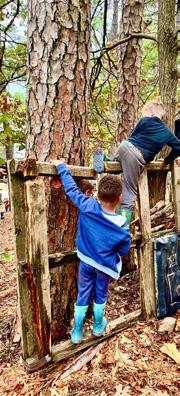
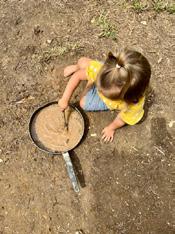
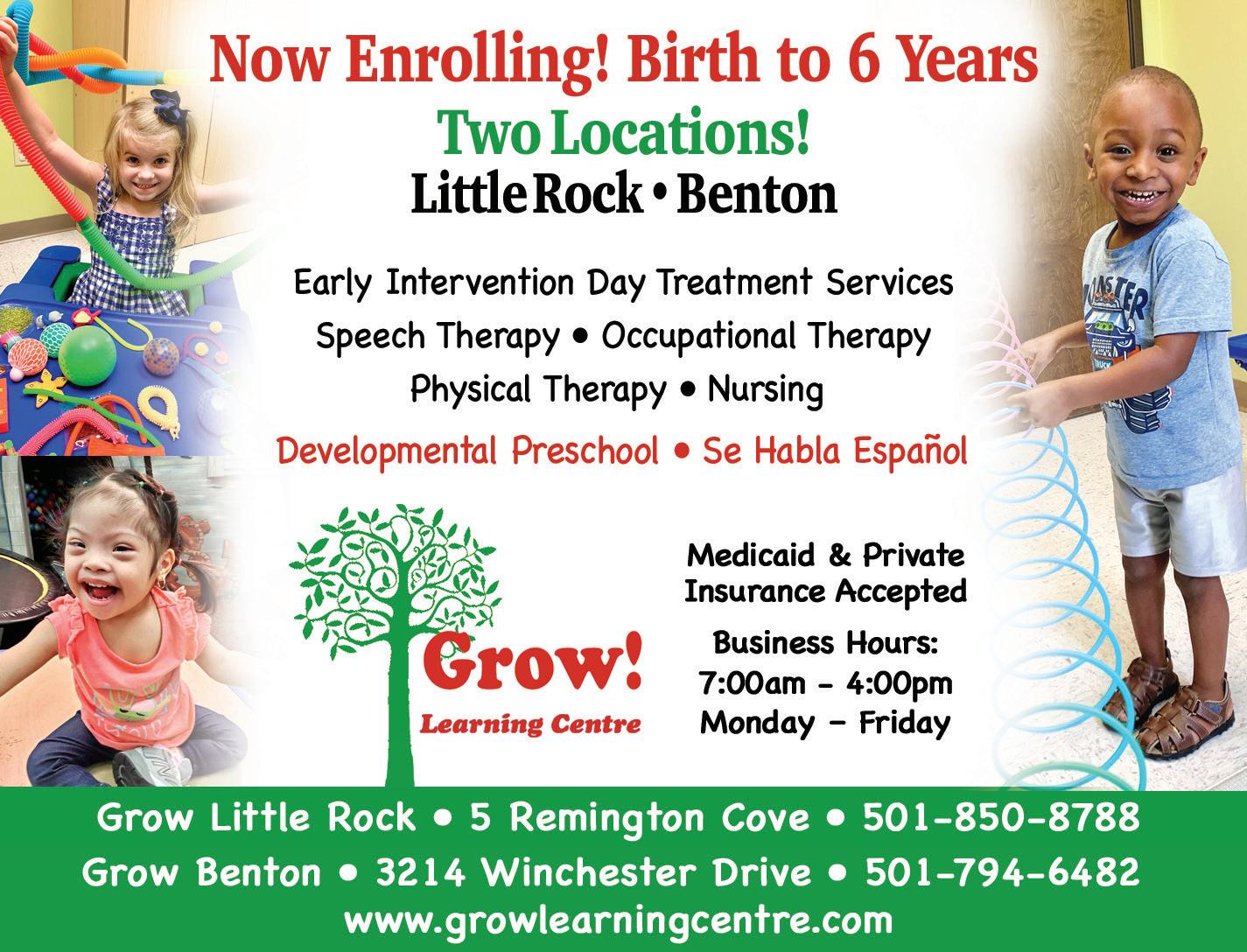



by Kat Daniels Publisher | Parent
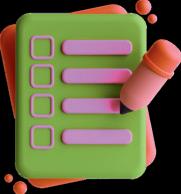
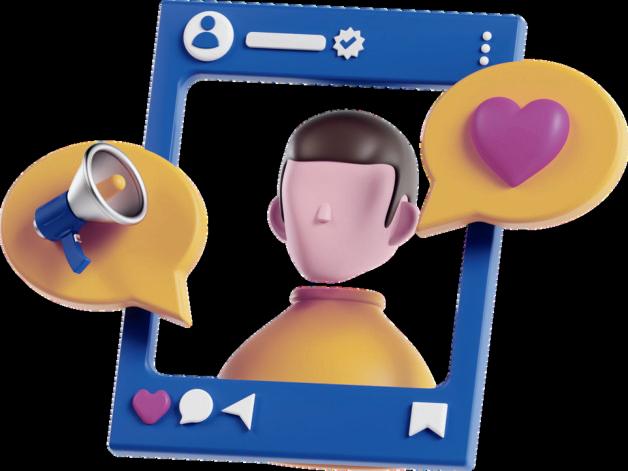
Whether your child is asking for their first phone for safety, social life, or just “because everyone else has one,” deciding when and how to introduce a mobile device is a major parenting milestone. In our digital-first world, a phone isn't just a gadget; it becomes a primary access point to a whole new world.
As a mom of a twelve-year-old daughter, I have struggled with deciding when it would be best to introduce a “first phone”. My eldest son was granted a phone at the age of thirteen. He is now twenty-two and tells me I should have waited. He has also shared with me things he had access to, ways apps shared explicit content with him, and yes, while my mouth dropped open, he went on and shared how he was able to hide all of this from me.
Before judgment is cast, let me state that I did all the things: I researched and set him up with as many barriers as I knew, signed a pledge, and even had access to all of these devices. Usage boundaries were set and limitations were enforced. In the end, it didn’t seem to matter. If he didn’t go curiously looking, it (they, them, whatever) came looking for him.
To help, here are some basic talking points to consider and guide you in being screen smart(er):
The CDC Youth Risk Behavior Survey (2021, 2023) links early phone use with increased anxiety, poor sleep, and cyberbullying—especially among girls aged 10–14.
There’s no magic age. Some 8-year-olds handle tech like tiny IT pros, while some 13-year-olds still “accidentally” drop toast in the DVD player. Instead of focusing on age, consider:

Maturity level: Do they follow rules without constant reminders?
Need vs. want: Are you often apart or do they walk to school solo?
Self-control: Can they unplug without a meltdown?
If the answer to most of these is yes, they might be ready for the responsibility. If not, hold off or consider a basic talk-and-text phone as a digital training wheel.
Worth noting, a recent report by Pew Research reported that while 95% of teens own phones, over 40% of parents regret giving one to them too early.
You don’t need to hand over the latest iPhone with unlimited data. Start with:
A basic smartphone or kid-friendly device (think Gabb or Pinwheel).
A limited plan with no access to social media. Parental controls are already activated (most phones have built-in tools).
A strong protective case—because gravity happens.

Set up the phone together so they feel involved, but make it clear that it’s still a privilege, not a possession.
Your house, your tech rules. Create a Family Tech Agreement with guidelines like:
Screen-free zones (bedrooms, dinner tables, and homework time).
App approval policies (they must ask before downloading).
Time limits and digital curfews.
Real consequences for breaking boundaries.
Make it a positive experience—use stickers or visuals for younger kids and check in weekly like a mini “device audit.”
Giving your child a phone without teaching them how to navigate the online world is like handing them car keys without driving lessons.
Cover the essentials:
Privacy: No sharing real names, schools, or locations with strangers.
Respect: No bullying, drama, or inappropriate sharing.
Reality check: What’s online isn’t always real, and likes don’t equal worth.
Additionally, Google’s Be Internet Awesome and Common Sense Education are also great tools to guide you.
The American Academy of Pediatrics (2021–2024) recommends no screens for children under age 5, establishing meal and device boundaries, and promoting healthy nighttime habits.
This isn’t a one-and-done talk. Phones evolve, and so do kids. Try:
Weekly check-ins about screen time, social media, or anything odd they’ve seen.
“What would you do?” conversations using current events or headlines.
Keeping an open-door policy for questions, mistakes, or concerns.
When they know you’re a safe place, they’ll come to you first, not last, when something weird pops up.
I know the phone and all its nuances will not be my most significant decision for my family, but it could be the most impactful on my daughter, her well-being, and future self.
As parents, caregivers, and educators, we all have a responsibility to help our children become their best selves. Hopefully, with good guidance, loving attention, and involvement, we can all be our best advocates for healthy tech time so our kids can grow into responsible digital adults.

Is your child ready for their first phone? Mark all that apply:
My child keeps track of their belongings
Follows household rules without constant reminders
Understands and respects screen time limits
Can handle frustration without outbursts
Will come to me if something online seems wrong
Understands privacy and won’t share personal info
Has shown responsibility with chores, homework, and schedule
✔ Score:
6–7 boxes checked = Likely ready for phone privileges
3–5 boxes = May be ready with supervision and restrictions
0–2 boxes = Consider waiting or starting with a basic phone
Sources: Common Sense Media, Google BE Internet Awesome, American Academy of Pediatrics, CDC

















